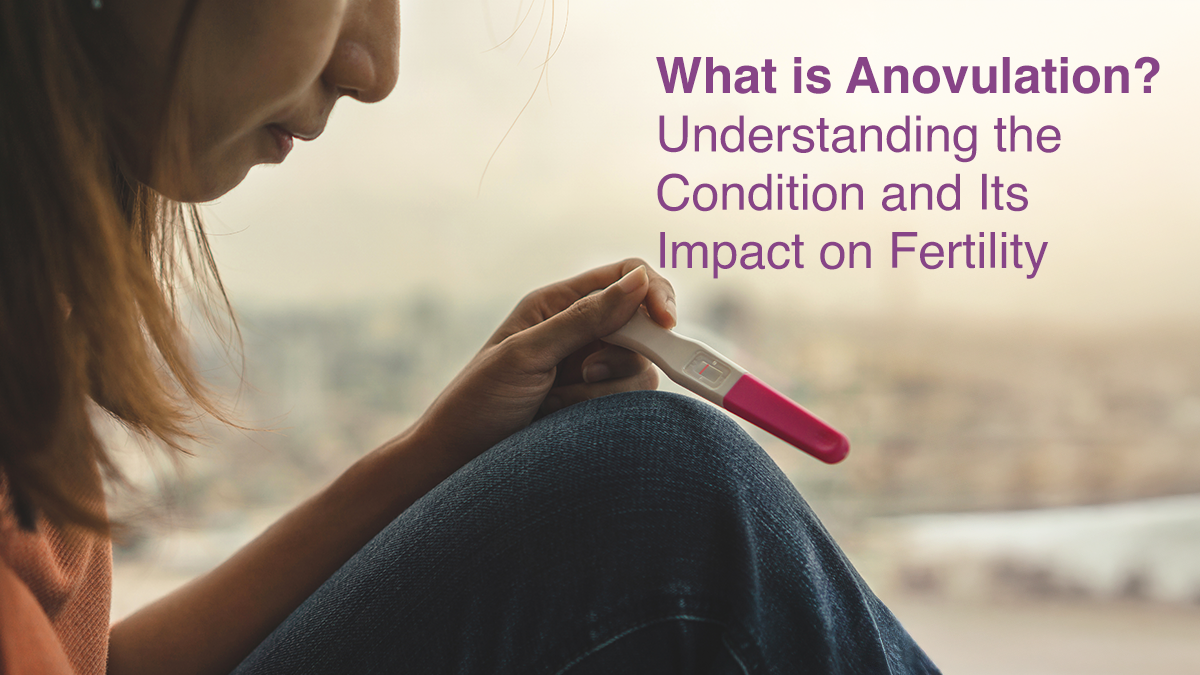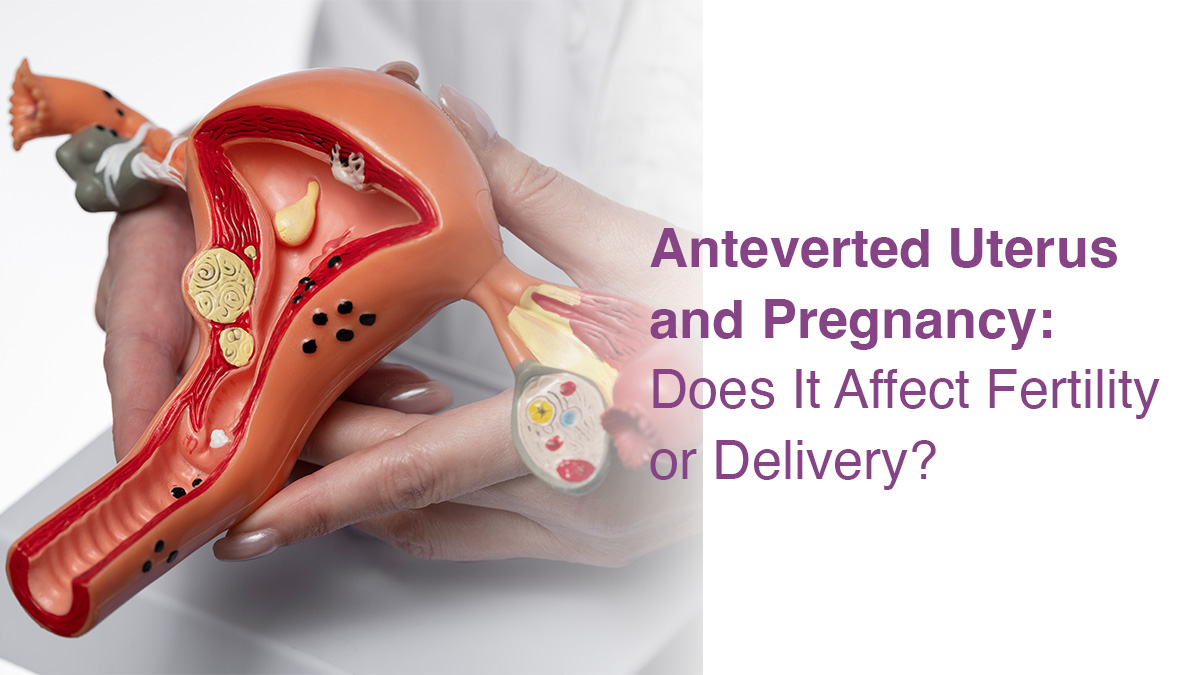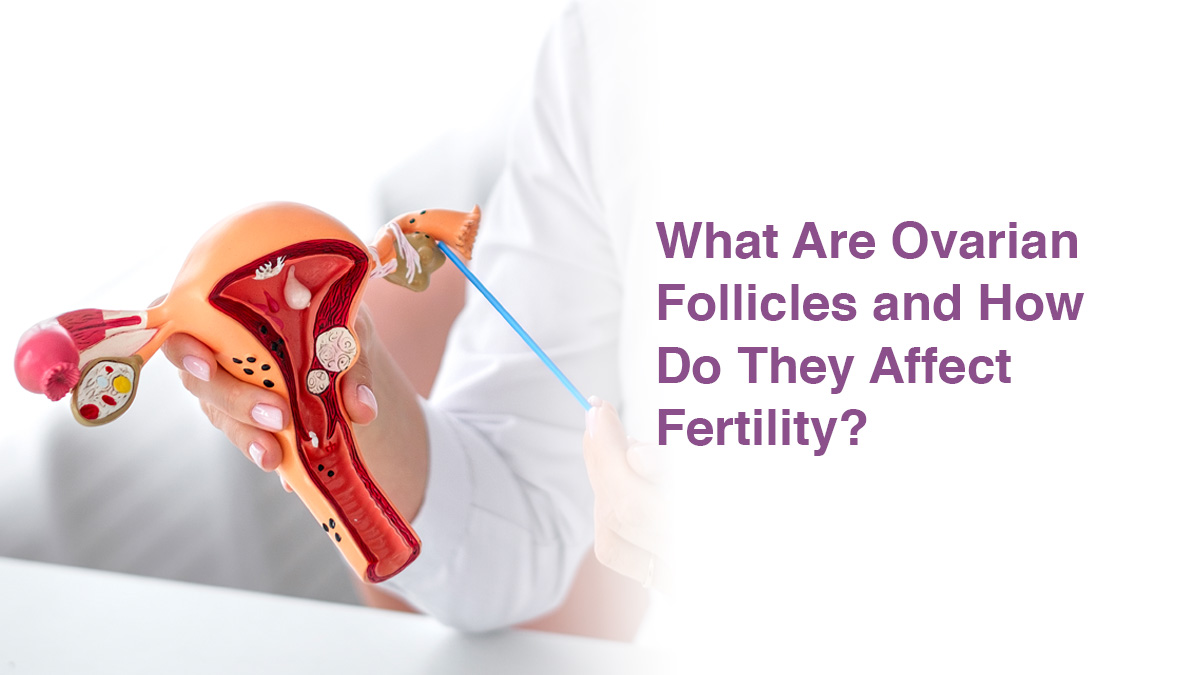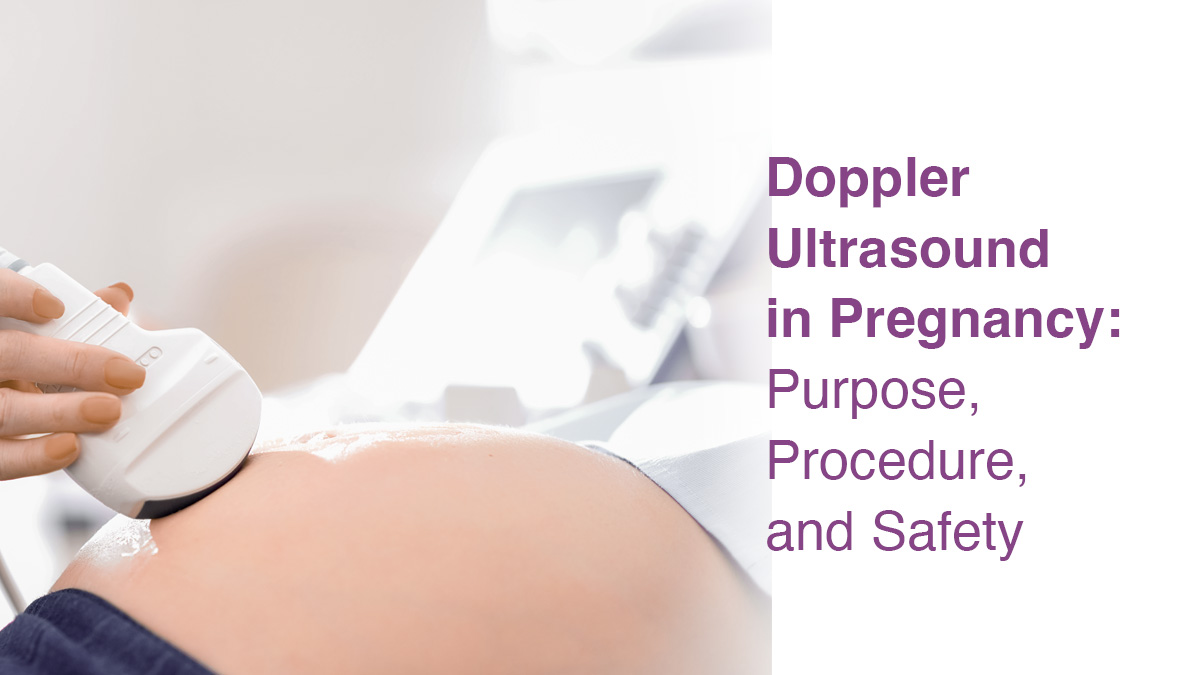
What is Anovulation? Understanding the Condition and Its Impact on Fertility

Having a clear understanding of how your body works is an essential aspect of pregnancy planning. For some women, becoming pregnant is an easy and natural progression; however, for most females, there are barriers to getting pregnant. One of these is irregular or absent ovulation, which can greatly affect fertility. One common occurrence leading to irregular or absent ovulation is anovulation, which happens when your body does not produce an egg during the ovulation phase of your menstrual cycle, which leads to difficulty in becoming pregnant.
What is Anovulation?
Anovulation is when the ovaries do not release an egg during the menstrual cycle. Normally, an egg is released one time a month with ovulation. During anovulation, that step does not occur making it difficult to get pregnant naturally. Some women may still have what looks like a normal period, but they are not ovulating.
Causes of Anovulation
There are numerous potential causes of anovulation, and in many cases, it is a hormonal imbalance. One possible cause of anovulation is Polycystic Ovary Syndrome (PCOS). PCOS can affect your hormone levels and interfere with the regular dissociation of the follicle, which impacts ovulation.
Other possible causes include thyroid disorders (both overactive and underactive) that affect the hormonal signals that prompt ovulation. Extremely low body weight, eating disorders, and increased physical activity can all lead to periods of anovulation, especially within athletic individuals or those experiencing specific stressors.
Chronic stress can also inhibit the body’s ability to produce hormones, thus impacting your menstrual cycle. Sometimes, anovulation may even be associated with premature ovarian insufficiency, when the ovary is faulty and stops functioning under the age of 40. Determining the underlying cause of your anovulation is a necessary first step for proper treatment.
Signs and Symptoms of Anovulation
You might be experiencing anovulation if you notice any of the following:
- Irregular or missing periods
- Very light or extremely heavy periods
- Difficulty getting pregnant
- Lack of PMS symptoms (such as breast tenderness)
- Acne or excess facial hair (linked with hormonal issues like PCOS)
Keep in mind some women with anovulation still bleed monthly, so it’s not always obvious without testing.
How Anovulation Affects Fertility
Ovulation is necessary for natural pregnancy. Without the release of an egg, there’s nothing for sperm to fertilize. So, anovulation directly impacts fertility. Thankfully, medical options like IVF and IUI have helped many women with anovulation become mothers. Understanding your cycle and finding the cause early can make a big difference in your journey to parenthood.
Diagnosing Anovulation: Tests and Procedures
To confirm anovulation, your doctor may recommend:
- Blood tests to check hormone levels (like FSH, LH, and progesterone)
- Ultrasound scans to look at your ovaries and follicles
- Ovulation predictor kits to track hormone surges
- Basal body temperature charting, though not always reliable on its own
A fertility specialist may also check for underlying conditions like PCOS or thyroid issues.
Treatment Options for Anovulation
Treating anovulation depends on what’s causing it. If hormone levels are off, doctors may prescribe medications like Clomiphene Citrate or Letrozole to help trigger ovulation. In cases of PCOS or thyroid disorders, treating the underlying condition can restore regular cycles. If you’re not ovulating due to being underweight, undernourished, or over-exercising, addressing these lifestyle issues can help restore ovulation.
For couples who need assistance conceiving, IUI treatment or IVF treatment may be recommended. In IUI, sperm is placed directly into the uterus during the fertile window. With IVF, eggs are retrieved and fertilized outside the body before being implanted in the uterus. Both IUI and IVF have helped many women with anovulation conceive successfully.
Lifestyle Changes to Improve Ovulation
Healthy habits can play a big role in restoring ovulation. Maintaining a balanced weight is crucial—being too thin or too heavy can disrupt hormone levels and prevent ovulation. A nutritious diet rich in whole grains, lean proteins, fruits, and vegetables helps regulate insulin and hormone production.
Regular, moderate exercise supports hormonal health, but over-exercising can do more harm than good. Getting enough sleep and reducing stress through practices such as yoga, meditation, or speaking to a therapist can also support ovulation. Avoiding smoking, limiting alcohol, and reducing caffeine intake are other valuable lifestyle changes to improve ovulation. While not a guaranteed fix, these healthy habits can increase your chances of regular ovulation and improve overall reproductive health.
Can You Get Pregnant with Anovulation?
Yes, but it might take medical help. Many women with anovulation have had healthy pregnancies through IUI treatment, IVF treatment, or medications that trigger ovulation. If you’ve been trying for more than a year (or 6 months if you’re over 35), speak to a doctor. With the right care, pregnancy is still very possible.
Preventing Anovulation: Tips for Healthy Ovulation
Although not every case of anovulation is preventable, you can take steps to reduce your risk. Tracking your cycle helps you notice changes early. Eating well, staying active, and maintaining a healthy weight keep your hormones balanced. Managing stress is just as important—chronic stress can cause ovulation to stop. Avoiding smoking and excess alcohol and staying up-to-date with your health check-ups can also protect your reproductive health. These simple tips for healthy ovulation support a healthy body and improve your chances of regular cycles and natural conception.
Conclusion
Anovulation can be a frustrating condition, especially when you’re trying to get pregnant. But with medical support like IVF treatment, IUI treatment, and simple lifestyle changes to improve ovulation, many women can still realise their dream of parenthood. Understanding your body, recognizing symptoms early, and staying proactive with your health can make all the difference. To learn more, head over to Oasis Fertility Clinic near you. You can also contact us at 1800-3001-1000 or use our live chat option for immediate assistance.
FAQs
What is the common age for anovulation?
It can happen at any age but is more common in teens and women nearing menopause.
Is anovulation serious?
It can affect fertility, but with treatment, it’s manageable and often reversible.
Can I get pregnant if I have anovulation?
Yes, many women conceive with medical help like IVF or IUI.
Can stress cause anovulation?
Yes, high stress can disrupt the hormones needed for ovulation.


fill up the form to get a
Free Consultation
Avail 0% interest on EMI
All Procedures | No Upper Limit
How we reviewed this article:
- Current Version





